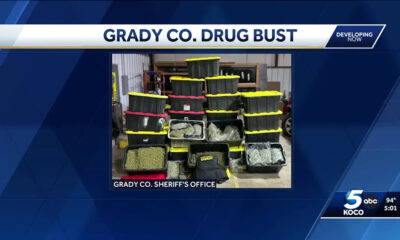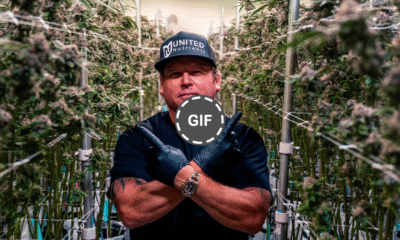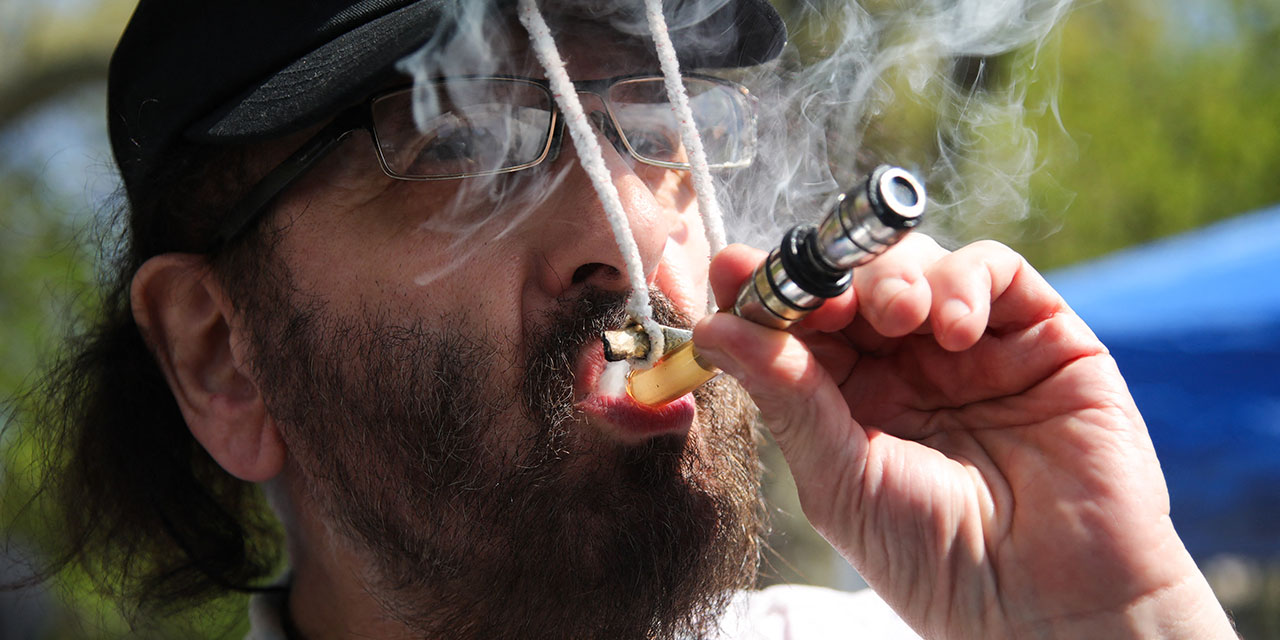President Donald Trump confirmed earlier this week that he is weighing rescheduling marijuana—that is, moving the drug to a less-restrictive classification under federal law. State-legal marijuana companies have salivated at the possibility and are pouring millions of dollars into efforts to convince Trump to go along with this Biden-era idea. While the president is personally uncomfortable with legal weed, the Wall Street Journal reports, he also believes that making this change on marijuana would put him on the right side of an 80/20 issue.
But the president can move in a popular direction on pot without rescheduling, a change that would be disastrous for public health and orderliness. He need only take a series of steps to expand medical research into pot. This would give him a political victory while preventing the messy consequences of rescheduling.
Finally, a reason to check your email.
Sign up for our free newsletter today.
Shifting marijuana from its current position on Schedule I to Schedule III of the federal list of controlled substances would designate the drug as having lesser potential for abuse and assert that it has accepted medical uses. In its waning days, the Biden administration initiated efforts to reschedule but failed to complete the change before Trump took office.
The state-legal companies pushing for rescheduling are doing so because they stand to gain the most. A move to Schedule III would let them deduct business expenses on their federal taxes—a benefit that the U.S. tax code prohibits for trafficking in substances listed in Schedules I and II.
Advocates of rescheduling usually downplay this pecuniary motive. Instead, they claim that rescheduling will make it easier to do medical research on pot. That’s a persuasive pitch—labeling marijuana as “medical” makes it seem more benign. While about 70 percent of Americans favor legalizing marijuana, roughly a third choose only medical legalization when given the option.
It’s not obvious that rescheduling would make research easier, though. Schedule I substances are subject to strict research controls, including onerous registration processes and on-site storage rules. Schedule III substances face lower barriers. Yet as the Congressional Research Service explained last year, “medical researchers and drug sponsors of marijuana or CBD containing drugs would not benefit from these looser restrictions associated with rescheduling without congressional action.”
That’s because of the Medical Marijuana and Cannabidiol Research Expansion Act (MMCREA), a 2022 law that created separate rules for marijuana to reduce the burdens of doing research on the drug. Rescheduling would not affect this separate track. The result, legalization advocate and lawyer Shane Pennington has argued, is that the effects of rescheduling and de-scheduling are now much harder to achieve than before the law meant to make research easier was passed.
But even if rescheduling won’t make research easier, the political insight of its advocates—that people want to support medical marijuana research—is a good one. That’s why the Trump administration, rather than rescheduling, should push as hard as possible into actually expediting medical marijuana research. Doing so would give Trump the political victory he wants, without making pot more accessible and incurring any of the associated consequences.
Trump could take several unilateral actions to speed medical marijuana research. Start with recommitting his administration to implementing the MMCREA—which members of Congress complained the Biden administration was dragging its feet on.
The MMCREA has a number of provisions, many of which Trump could bolster with executive action. For example, the act requires that the Drug Enforcement Administration reply to registration applications by researchers and manufacturers within 60 days. Because these decisions are made unilaterally by an executive agency, Trump could impose what amounts to a “shall issue” standard, mandating that applications be automatically approved after 60 days absent a denial.
The MMCREA also requires the administration to ensure an “adequate and uninterrupted” supply of marijuana for research purposes. Previously, only the University of Mississippi was authorized to grow pot for medical research. A spate of new approvals and deregulation, including under the last Trump administration, has somewhat increased the number of approved growers. Trump could mandate that the Drug Enforcement Administration move to grow further the number of “bulk suppliers” through new approvals. He could also have the DEA issue more permits for importing marijuana under 21 CFR 1312. Most aggressively, he could use the DEA’s waiver authority to let pharmacies dispense marijuana for research purposes directly.
The Trump administration could build on this effort in other ways. For example, federal research funding could be earmarked to provide compliance infrastructure (like the secure storage needed for Schedule I substances) for researchers deterred by the costs. The administration could direct the National Institute on Drug Abuse to prioritize funding on medical marijuana’s applications, with a mandate to both NIDA and the Department of Health and Human Services (HHS) to consider all ways to expedite the research review and approval process.
Lastly, the Biden administration’s decision to reschedule was based on a flawed HHS report, which ejected the traditional “five-factor” test for commonly accepted medical use and relied on low-quality evidence to arrive at the desired result. Trump could seek a new analysis from HHS, which should provide not only a review of the currently available evidence under the conventional standard but also clarity on what research would be needed to ascertain marijuana’s appropriate scheduling status—including a possible move to Schedule II, which would make it medically available but ineligible for the tax deductions allowed for trade in Schedule III substances.
Of course, it’s possible that plant cannabis—as distinct from the isolated chemical compounds CBD and THC, already used in several medications—has no real medical value. But that doesn’t mean more research is bad. As an ardent critic of marijuana legalization, I’d be happy to find good evidence that cannabis can be used as a medicine.
Regardless, a big push on marijuana research would help Trump cut the Gordian Knot of the rescheduling debate. It would give him credit with the public without further enabling the spread of an addictive substance that a majority of Americans now see as harmful. That’s a win-win for both the president and America.
Photo by LEONARDO MUNOZ/AFP via Getty Images






















































